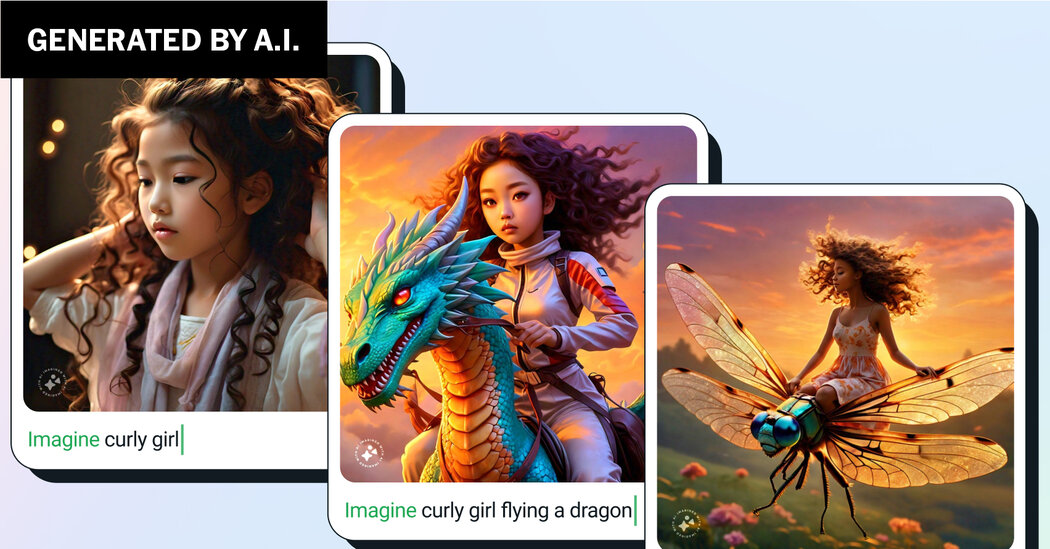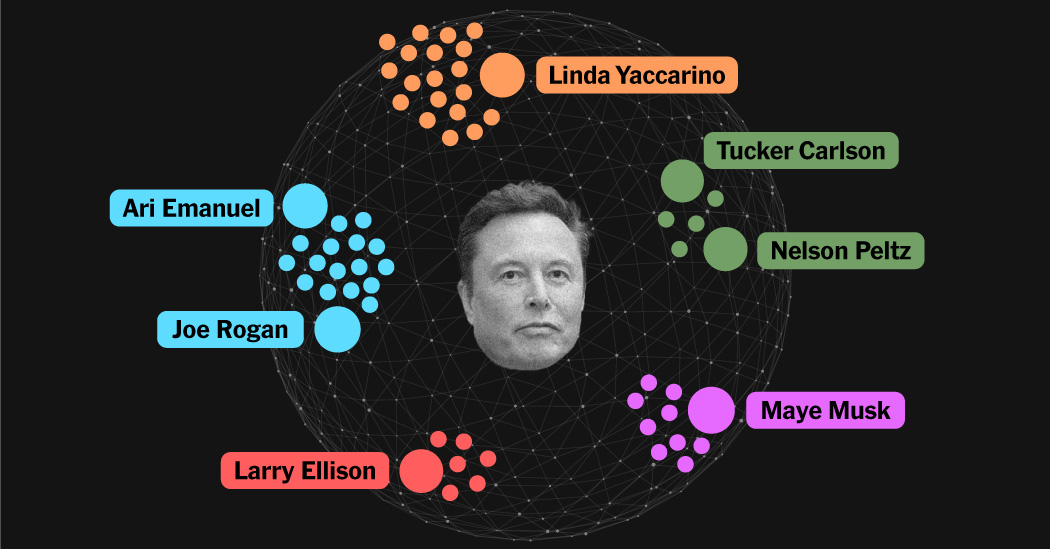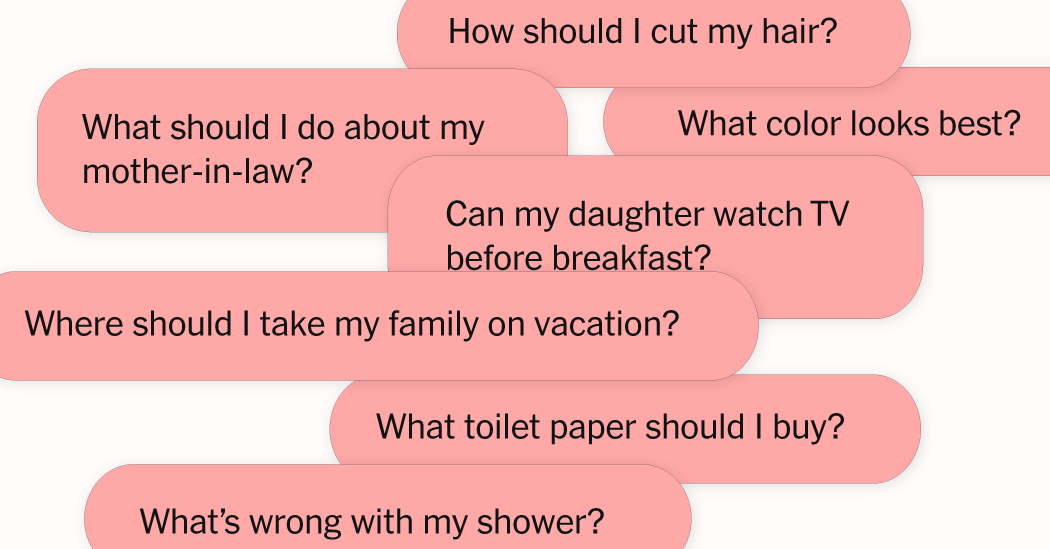On a call with investors last spring, Mark Zuckerberg, the chief executive of Meta, said he believed that he had an opportunity to introduce artificially intelligent assistants “to billions of people in ways that will be useful and meaningful.”
A year later, he is making good on his statement.
On Thursday, Meta will begin incorporating new versions of its A.I.-powered smart assistant software across its apps, which include Instagram, WhatsApp, Messenger and Facebook. The latest technology will be rolled out in more than a dozen countries, including Australia, Canada, Singapore and the United States.
The A.I. software will become practically omnipresent — inside the news feed, in search bars and in chats with friends. People will be able to ask the assistant, Meta A.I., for help in completing tasks and getting information, such as what concerts might be occurring in San Francisco on a Saturday night or the best options for vegan enchiladas in New York.
Meta A.I. is powered by LLaMA 3, the company’s newest and most powerful large language model, an A.I. technology that can generate prose, conduct conversations and create images.
“With LLaMA 3, Meta A.I. will now be the most intelligent freely available assistant,” Mr. Zuckerberg said in an interview. “And because we’ve reached the quality level we want, we’re now going to make it much more prominent and easier to use across all our apps.”
The effort is Meta’s biggest rollout of products that include powerful A.I. technology. The social networking giant started weaving generative A.I. into its apps last year in a limited capacity, debuting a series of A.I.-powered chatbots and characters that could conduct conversations with users in September. But this new initiative exceeds that in scope and aim, placing A.I. products into the most visible and most used parts of Meta’s apps.
Other tech giants are also plugging A.I. into their products, as Silicon Valley start-ups raise billions of dollars to build A.I.-powered apps and services that they believe will define the next phase of computing.
Last year, Microsoft incorporated OpenAI’s ChatGPT into the software giant’s Bing search engine. Google has integrated A.I. into products like Docs, Gmail and Google Search. Start-ups such as Perplexity and Anthropic are also aiming to get more A.I.-powered products and services to consumers.
Meta’s efforts stand out because of the sheer scale of its products, which are used by nearly four billion people globally every month. It is also one of the few companies to “open source” most of the A.I. technology they are building, which means that anyone can look at the underlying tech and use it to build products or services for free.
Mr. Zuckerberg said the new A.I. rollout was part of Meta’s historical “playbook” of adding a feature to its apps “when we felt it was ready.” He pointed to products like Stories and Reels, two video and image products that appeared in Instagram, and how those were later amalgamated into Facebook and WhatsApp.
When ChatGPT arrived in late 2022, wowing people with the way it answered questions, wrote term papers and generated computer code, the tech industry raced to build similar technology — even as the tools sometimes made mistakes and generated untruths.
Because of such flaws, OpenAI and other leading A.I. companies said they would not open source the underlying technology that powered these chatbots. (The New York Times has sued OpenAI and Microsoft, claiming copyright infringement of news content related to A.I. systems.)
Meta took a different tack. It open sourced the first version of LLaMA in February 2023, before releasing a more powerful version less than six months later. Other companies have followed, including Google and a prominent French start-up, Mistral. By open sourcing the technology, independent researchers and engineers everywhere can help spot problems in the technology and improve it, the companies have said.
“We have always believed in this principle and are happy to see that the industry is embracing the power of open source and the positive possibilities it can create,” Ahmad Al-Dahle, Meta’s vice president of generative A.I., said in an interview.
Mr. Dahle said LLaMA 3 had shown vast improvements over Meta’s previous large language models, calling it “significantly better” than what people were used to.
Meta has also fine-tuned the A.I. model to make it slightly less conservative in the type of questions Meta A.I. will answer, meaning the assistant will be less likely to refuse to answer some questions. In the past, Meta, Microsoft and others aimed to limit their chatbots from discussing third-rail topics like politics, religion and medical advice, fearing repercussions from political or interest groups.
To attract users, Meta will also add a faster image-generation technology into the A.I. assistant, and later plans to incorporate the A.I. tech into its Ray-Ban Meta smart glasses.
The challenge will be to convince people that the new assistants can be useful. Meta is working on helping people learn what kind of questions they can ask the assistants to bring them to life, Mr. Dahle said.
“Despite how prevalent these A.I. have become, there’s still an education factor on how to interact with an A.I.,” he said.
Like most of Meta’s products, the new assistants are free to use — and likely difficult to avoid if you are a regular user of the company’s apps.
Meta’s executives don’t appear worried about A.I. saturation. “We’re excited to share our next-generation assistant with even more people and can’t wait to see how it enhances people’s lives,” the company said.







